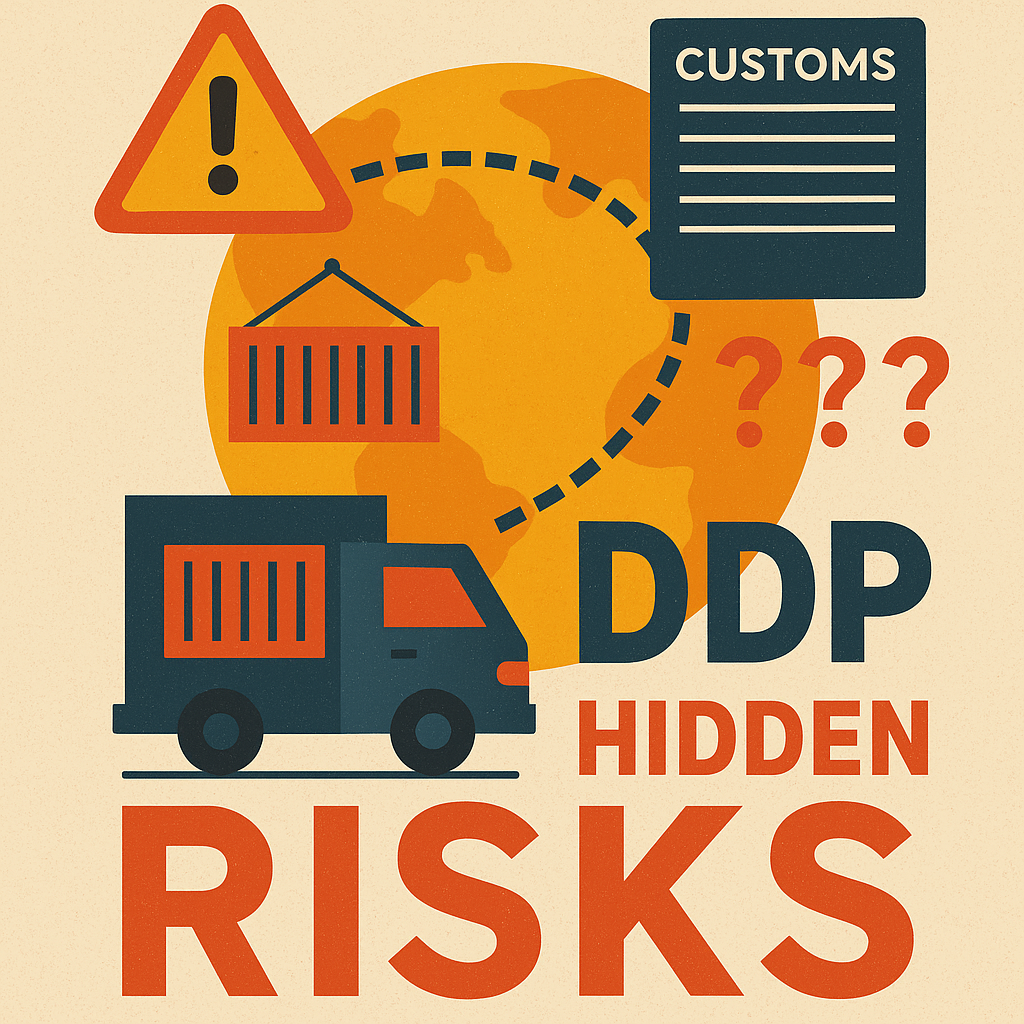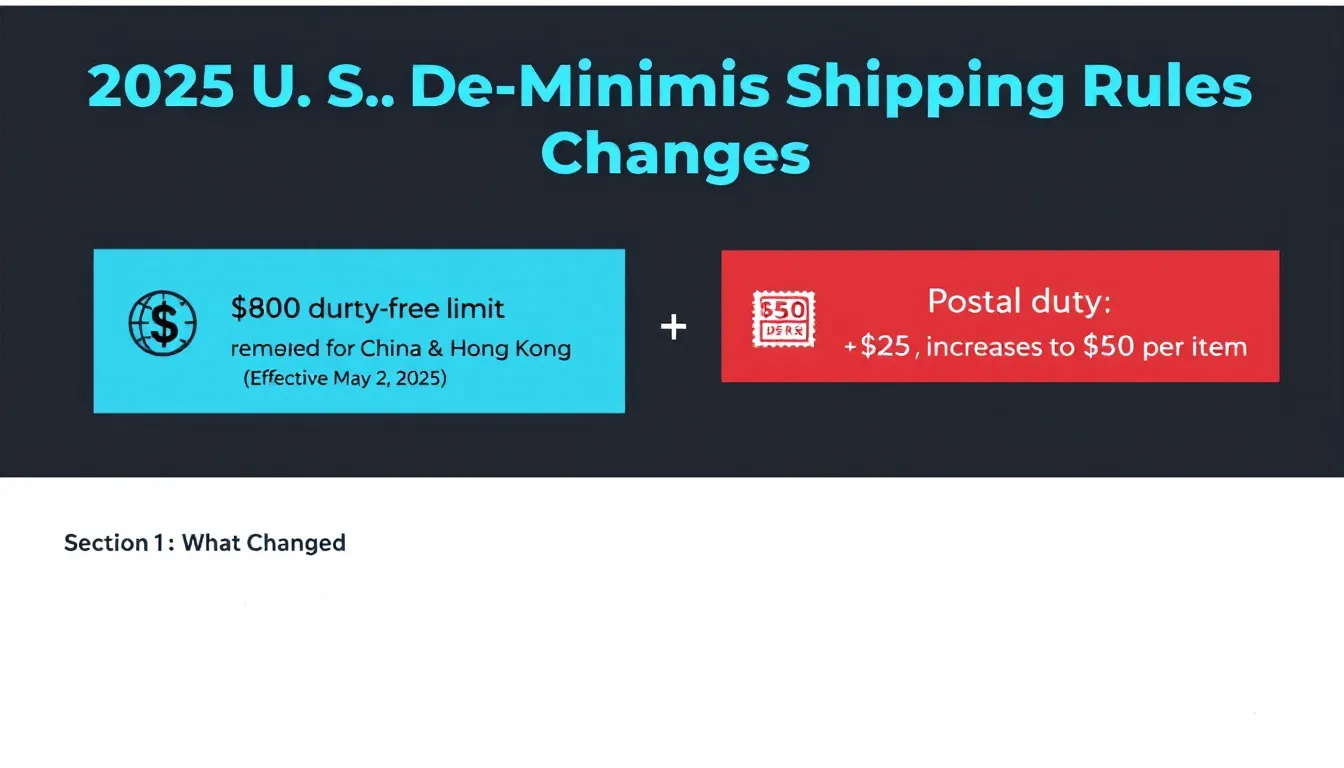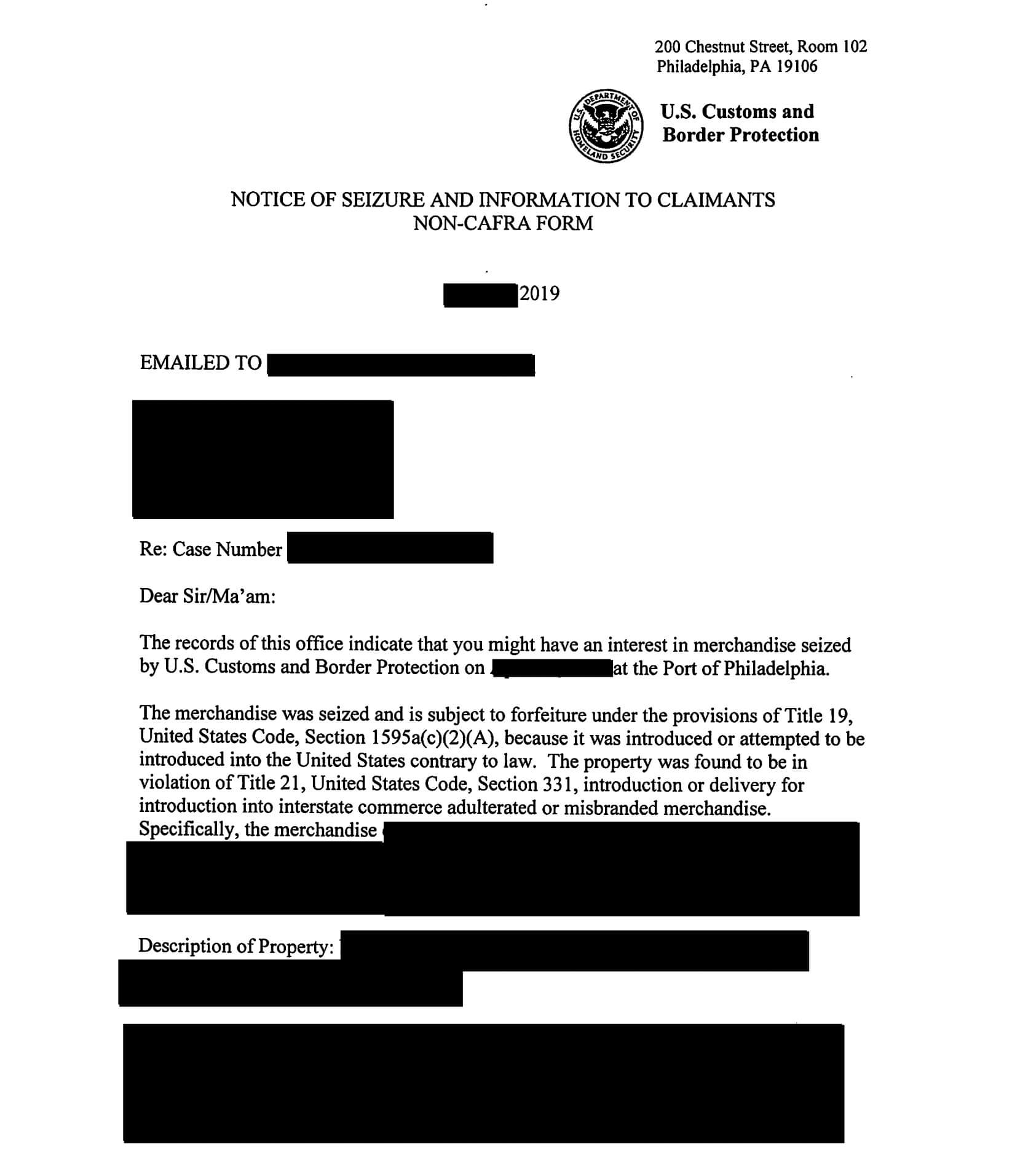Importing goods into a country involves a complex process that requires adherence to various laws, regulations, and classifications. One critical aspect of this process is import classification, which involves assigning the correct classification code to the imported goods. This task may seem mundane, but it plays a crucial role in ensuring compliance with relevant regulations and determining the applicable import duties, taxes, and fees. To navigate this intricate process effectively, many importers turn to customs brokers for their expert assistance.
What is Import Classification and Why is it Important?
Import classification refers to the process of assigning the appropriate code to imported goods based on their characteristics, composition, and intended use. These codes are typically part of a harmonized system that is recognized globally, allowing for consistent classification across countries. Import classification is vital because it determines the applicable duties and taxes, helps identify any import restrictions or licensing requirements, and ensures compliance with various regulatory requirements.
One of the key benefits of import classification is that it facilitates trade by providing a standardized system for categorizing goods. This allows for easier communication and understanding between importers, exporters, and customs authorities. By using a common classification system, it becomes simpler to determine the correct tariff rates and trade statistics, which in turn promotes transparency and efficiency in international trade.
Furthermore, import classification plays a crucial role in customs enforcement and risk management. Customs authorities rely on accurate classification to identify high-risk shipments, such as goods that may pose health or safety risks, or those that are subject to intellectual property rights infringement. By properly classifying imports, customs officials can allocate resources effectively, conduct targeted inspections, and prevent the entry of illicit or prohibited goods into a country.
The Basics of Import Classification
Import classification involves a systematic approach to categorize goods based on their attributes and characteristics. Typically, customs brokers rely on the harmonized system, which provides a standardized framework for classifying imported goods. This system includes a comprehensive list of classification codes, each representing a specific category or type of product. Customs brokers evaluate the relevant features of the imported goods and compare them against the descriptions provided in the harmonized system to determine the appropriate classification code.
The harmonized system includes specific guidelines and criteria that customs brokers follow to accurately classify imported goods. These criteria may consider factors such as materials used, composition, intended use, product dimensions, and any additional features that distinguish the goods from other similar products. By carefully examining these aspects and referencing the harmonized system, customs brokers ensure that goods are assigned the correct classification code.
Accurate import classification is crucial for several reasons. Firstly, it determines the applicable customs duties and taxes that importers need to pay. Different classification codes may have varying duty rates, exemptions, or preferential treatment under trade agreements. Therefore, assigning the correct classification code ensures that importers comply with the relevant customs regulations and pay the appropriate amount of duties and taxes.
How Customs Brokers Facilitate the Import Classification Process
Customs brokers serve as invaluable partners in facilitating the import classification process. They possess in-depth knowledge of the customs regulations and requirements, as well as a thorough understanding of the harmonized system. With their expertise, customs brokers can accurately assess the attributes of imported goods and determine the appropriate classification codes.
In addition to their knowledge, customs brokers have direct access to extensive databases and resources that aid in the import classification process. These databases contain detailed information on product descriptions, relevant tariff codes, and regulatory requirements, which customs brokers can utilize to ensure accurate classification.
Furthermore, customs brokers maintain close relationships with customs authorities. This allows them to remain up-to-date with any changes or updates to import regulations or classification requirements. By staying abreast of such developments, customs brokers can promptly and accurately classify goods, ensuring compliance with any new regulations.
Moreover, customs brokers play a crucial role in assisting importers with the necessary documentation for the import classification process. They are well-versed in the paperwork required by customs authorities, such as the bill of lading, commercial invoice, and packing list. Customs brokers can guide importers in preparing and submitting these documents accurately and in a timely manner, ensuring a smooth and efficient import classification process.
The Legal and Regulatory Framework for Import Classification
Import classification is governed by a robust legal and regulatory framework that varies from country to country. While the harmonized system provides a universal framework for classifying goods, each country may have its specific regulations and requirements. Customs brokers possess a deep understanding of these legal and regulatory frameworks, ensuring compliance with all applicable laws.
Customs brokers assist importers by navigating the numerous legal complexities involved in import classification. They interpret and apply the relevant laws, ensuring that imported goods are correctly classified according to the specific regulations of the destination country.
Furthermore, the legal and regulatory framework for import classification also includes provisions for the assessment and collection of import duties and taxes. These duties and taxes are imposed by the destination country and are based on the classification and value of the imported goods. Customs brokers play a crucial role in calculating and advising importers on the applicable duties and taxes, ensuring compliance with the destination country’s regulations and facilitating the smooth clearance of goods through customs.
Key Responsibilities of Customs Brokers in Import Classification
Customs brokers undertake several key responsibilities to ensure effective import classification. These responsibilities include:
- Thoroughly examining imported goods to determine their classification attributes
- Researching and referencing the harmonized system and other relevant resources
- Applying the appropriate classification code to imported goods
- Preparing and submitting accurate documentation to customs authorities
- Ensuring compliance with all legal and regulatory requirements
- Staying updated with any changes or updates to import regulations or classification requirements
By fulfilling these responsibilities, customs brokers provide importers with the confidence and assurance that their goods are accurately classified and all necessary requirements are met.
In addition to these responsibilities, customs brokers also play a crucial role in facilitating communication between importers and customs authorities. They act as a liaison, ensuring that all necessary information is accurately conveyed and any queries or concerns are addressed promptly. This communication is essential for smooth and efficient import processes, as it helps to resolve any potential issues or discrepancies in a timely manner.
Benefits of Engaging a Customs Broker for Import Classification
Engaging a customs broker for import classification offers several benefits to importers. These include:
- Expertise: Customs brokers possess specialized knowledge and expertise in import classification, ensuring accurate and compliant classification of goods.
- Efficiency: By outsourcing the import classification process to customs brokers, importers can streamline their operations and focus on their core competencies.
- Cost Savings: Customs brokers can help importers identify any potential cost savings by leveraging their knowledge of applicable duty rates, exemptions, and trade agreements.
- Risk Mitigation: By entrusting the import classification process to customs brokers, importers reduce the risk of errors, non-compliance, or delays that could result in penalties or fines.
By availing the services of a customs broker, importers can leverage their expertise and experience to mitigate risks, ensure compliance, and optimize their import classification process.
Improved Accuracy: Customs brokers have a deep understanding of the complex import classification system and stay updated on any changes or updates. This ensures that importers receive accurate and up-to-date classification for their goods, reducing the risk of incorrect classification and potential penalties.
Time Savings: Import classification can be a time-consuming process, involving research, documentation, and communication with customs authorities. By engaging a customs broker, importers can save valuable time and resources, as the broker handles all the necessary tasks and paperwork on their behalf.






